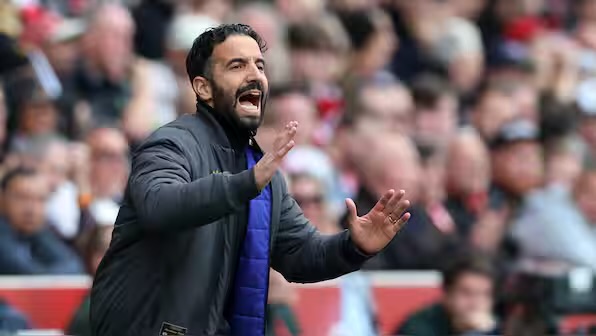Football management is a numbers game, and at Old Trafford the margins are unforgiving. For Ruben Amorim, the data points driving modern analysis — from points per game to chance conversion — are under fierce scrutiny as Manchester United search for consistency and identity.
Supporters and analysts track the usual indicators: efficiency in both boxes, set-piece return, pressing intensity, control in transitions. When these metrics falter, narratives harden. Amorim’s ideas are clear, but in the Premier League, clarity must be matched by repeatable outputs week after week.
There are mitigating factors — adaptation to a new league, a squad in flux, and injuries that disrupt rhythm — but elite jobs are ultimately judged on results. Performances have shown flashes, yet the lack of sustained control has kept pressure firmly on the touchline.
To shift the mood, Manchester United need sharper patterns in possession, more aggression without the ball, and greater threat from set plays. Selection calls and in-game adjustments must translate into tangible gains, not just theoretical promise.
The season is long, but the fixture list is not patient. If the numbers begin to turn, the project regains belief. If they don’t, the questions will only get louder. At Manchester United, the arithmetic is simple — deliver, and everything follows.

